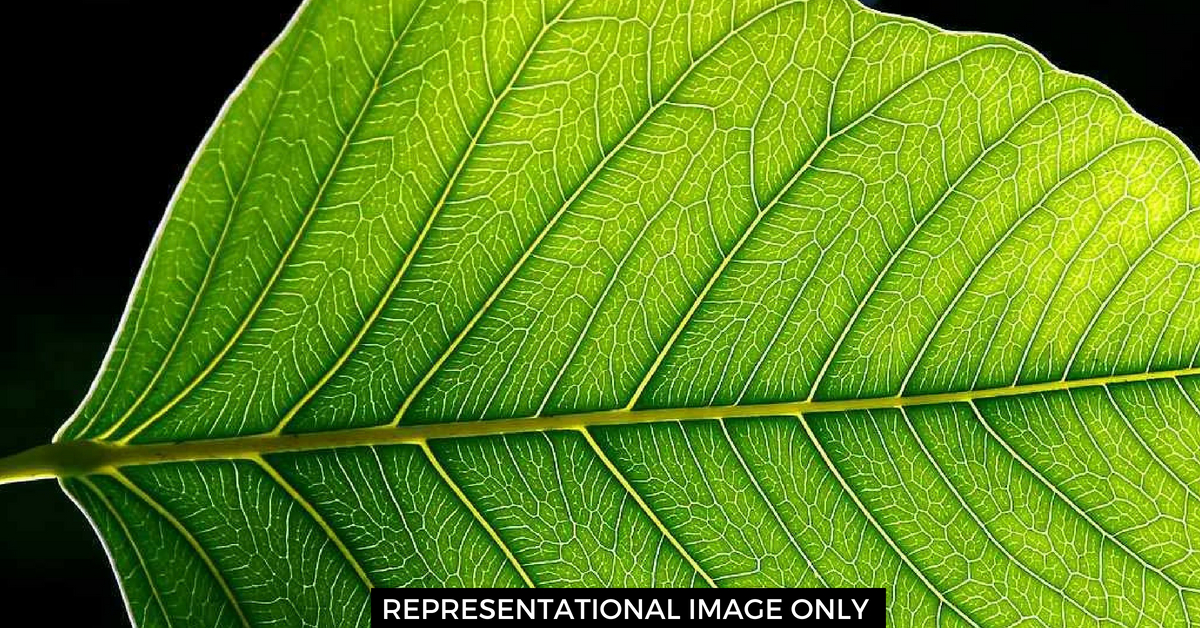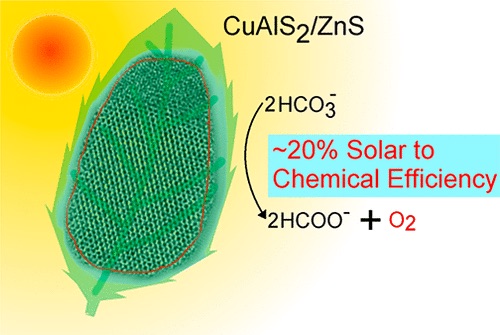IISc Makes Carbon-Guzzling Artificial Leaf That Produces Fuel & Releases Oxygen!
Even though there has been artificial photosynthesis before, there has not been such a development in efficiency of the procedure.

“When It Comes to Photosynthesis, Plants Perform Quantum Computation” read the title of a 2007 Scientific American article which described how plants use the principle of quantum computing—the exploration of a multiplicity of different answers at the same time—to achieve photosynthesis.
This was achieved by biophysicists from the University of California, Berkeley.
It explained that plants exploited the nature of quantum mechanics to maximise its efficiency in processing sunlight into carbohydrates, which they found out in a series of experiments on a photosynthetic bacteria.
Scroll past the timeline to 2012, when researchers from the University of Rochester published research that showed quantum dots – a nano semiconductor crystal – helps in artificial photosynthesis.
But these researchers couldn’t complete the artificial photosynthesis and only succeeded in a part of the process by generating hydrogen and not oxygen.
And now to 2018, when researchers at Indian Institute of Science, Bengaluru, have developed an artificial leaf that successfully achieves artificial photosynthesis. And what’s more, their process claims to be 100 times more efficient than natural photosynthesis.

The artificial leaf can absorb carbon dioxide from the atmosphere to generate fuel and release oxygen in the process, simulating the process of photosynthesis.
IISc’s Solid State Structural Chemistry Unit researchers in the study titled ‘The Quantum Leaf for Artificial Photosynthesis’ have designed and prepared CuAlS2/ZnS quantum dots (QDs) composed of biocompatible, earth-abundant elements, which can reduce salts of carbon dioxide under visible light into oxygen.
Quantum dots are artificial atoms. They are so small that it is effectively concentrated into a single zero-dimensional point. They have a well-defined state of energy in accordance with the quantum theory and are generally made of a semi-conductor like silicon.
Her,e quantum dots act as a catalyst to turn aqueous bicarbonate salt into formate and oxygen under the presence of visible light.
Biswajit Bhattacharyya, a student at the Unit, told the New Indian Express, “This is the most energy-efficient method to convert carbon dioxide into fuel and oxygen using only sunlight.”

“While most plants convert less than one percent of the available solar energy into chemical energy, the material developed by us can convert about 20 percent of the incident solar energy into chemical energy in the form of fuel and oxygen,” he added.
The artificial leaf can single-handedly be throned as a renewable energy source while not only reducing carbon footprint but also producing large amounts of oxygen in the process.
All the while, the formate that generates along with oxygen can also be used as an industrial fuel, claims the researchers.
“People have tried in the past to replicate the process of photosynthesis. The efficiency observed by us is a major jump over available methods and is close to the maximum efficiency that can possibly be achieved artificially,” Bhattacharyya concluded.
(Edited by Shruti Singhal)
Hey, you may also like: Want to Become a Scientist for Climate Change? Here’s How You Can Help Researchers
Like this story? Or have something to share?
Write to us: [email protected]
Connect with us on Facebook and Twitter.
NEW: Click here to get positive news on WhatsApp!
If you found our stories insightful, informative, or even just enjoyable, we invite you to consider making a voluntary payment to support the work we do at The Better India. Your contribution helps us continue producing quality content that educates, inspires, and drives positive change.
Choose one of the payment options below for your contribution-
By paying for the stories you value, you directly contribute to sustaining our efforts focused on making a difference in the world. Together, let’s ensure that impactful stories continue to be told and shared, enriching lives and communities alike.
Thank you for your support. Here are some frequently asked questions you might find helpful to know why you are contributing?


This story made me
-
97
-
121
-
89
-
167











